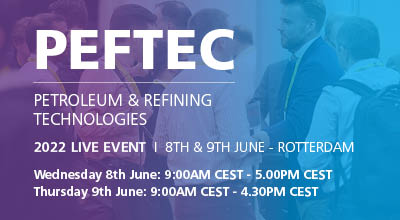| Abstract Title: | Emissions Reduction by Combustion and Post Combustion Control Strategies |
| Abstract Type: | Oral |
| Session Choice: | Online & Process Monitoring |
| Presenter Name: | Dr Stephen Firth |
| Co-authors: | Dr Barbara Marshik |
| Company/Organisation: | Servomex |
| Country: | United States |
Abstract Information :
Most industrial plants that use boilers and other combustion processes have seen significant pay back on fuel costs when they tune and control the combustion process. But for those industries that are also under permitted emissions limits tuning and controlling the combustion process also plays a part in reducing PM, NOx and CO emissions. Controlling NOx emissions levels can save plants millions of dollars by avoiding NOx levels above permitted limits and reduction in plant maintenance with lower salt formation. Two main NOx control strategies are Selective Catalytic Reduction (SCR) and Selective Non-Catalytic Reduction (SNCR), both based upon the use of ammonia (NH3) or urea in the suppression of NOx formation. Too much NH3 dosing (NH3 slip) and ammonium bisulfate (ABS) forms - eventually plugging the NOx catalyst or corroding the boiler. By using the NH3 concentration the Urea or NH3 dosing of the SCR (or SNCR) can be controlled resulting in low levels of NH3 in the Ash and providing NOx emissions levels that can be controlled avoiding any excursions.
An overview of how the combustion optimization and the SCR/SNCR process control works to reduce emissions will be presented. The use of in situ analyzers (TDL) and extractive gas filter correction infrared (GFC IR) techniques will be contrasted for control and monitoring.

